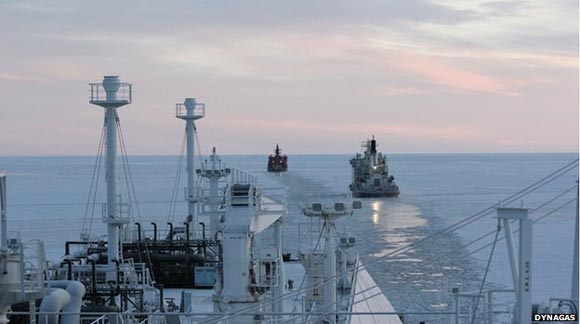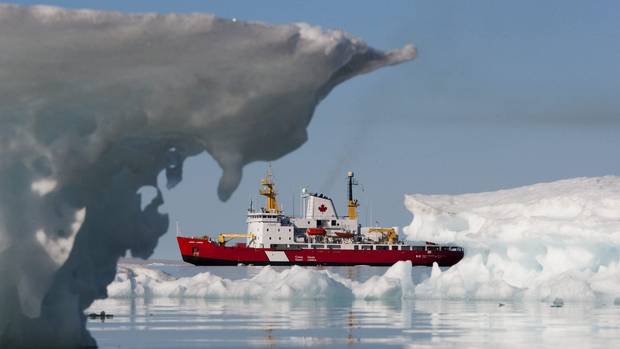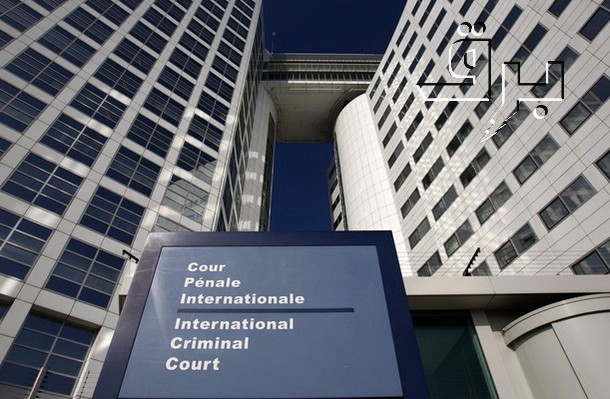East Asia is one of the most complex geopolitical spaces in this century, and its web of intricate interdependencies and competitions is going to find a reflection in the international relations of the Arctic. On the heels of the series investigating China’s potential role and interests in the Arctic, this article is going to look at Japan’s strategic posture with respect to the region and explore Tokyo’s possible Arctic policies and interests. Being a maritime country, Japan can influence the Arctic either directly or though indirect channels, mainly through its strategic alignment with the United States.
It is interesting that Japan favours an intergovernmental approach to engaging the politics of the Arctic. In a report, authored at the request of the Japanese government, the Japanese Institute of International Affairs, recommends acknowledging the Arctic as an emerging and evolving policy space and the fact that, in this dynamic context, Japan can become a relevant regional actor. The proposals focus on various priorities for intergovernmental contacts without a structured format: seeking mutual economic interests with littoral states, working through the United Nations Convention on the Law of the Seas (UNCLOS), intensifying Arctic cooperation with the United States, leading on environmental protection, strengthening diplomatic efforts and centralizing Arctic research and policy within a single governmental entity.
Japan is a rich country, but its economy depends on the import of materials to fuel industrial production, energy needs, and export industries. Only one example is necessary to illustrate this dependency: according to the United States Energy Information Administration, Japan is only 16% self-sufficient in terms of energy supply. It is the largest importer of liquefied natural gas, the second largest importer of coal and the third largest of oil.
Tokyo has diversified its import relationships in response to these risks, but some do hide political risks. In May of this year, Japan’s oil imports from Iran doubled from the same time a year earlier despite the tight sanctions on the Persian state, forcing Washington to extend commercial exceptions on Japanese companies doing business with Teheran for another six months. Japan is also still dealing with the consequences of the Fukushima disaster, which makes traditional energy sources yet more important. Business sense has overruled political tensions in this particular case.
[captionpix align=”right” theme=”elegant” width=”300″ imgsrc=”http://purewatergazette.net/blog/wp-content/uploads/2012/11/64386391_artcic304x2301.gif” captiontext=””]
The Arctic offers a strategic alternative to Japan’s economic needs that also has far lower political costs. The viability of the Japanese use of the Arctic was demonstrated at the end of 2012, when Gazprom, Russia’s largest natural gas exporter, shipped the first ever order of LNG from Hammerfest, Norway to Tokota, Japan via the Northern Route.The potential for the import of raw materials such as iron, ferrous alloys and other minerals used in the manufacture of value-added exports, electronics and the development of military/Space programs, is another important reason why Japan is interested in the Arctic.
For Japan, the Arctic is a strategic chance with complex implications for the country’s position in the world. While its geopolitical orientation towards the United States might not undergo a dramatic shift, the potential for an increase in Arctic diplomacy could still significantly rearrange Japan’s international relations and gain Tokyo some political ground.
The next article in this series is going to look at Japan’s part in the US Pacific ally system, sketch out the relationships with the Arctic Council permanent members and briefly discuss how belonging to the same organization with affect the relationship with China.




